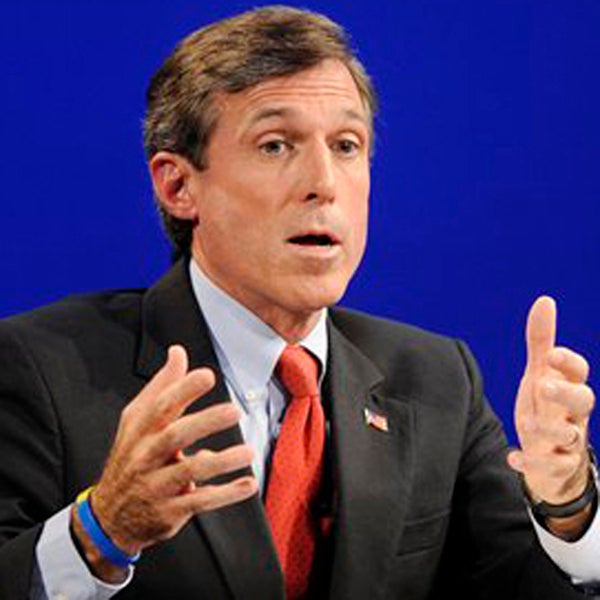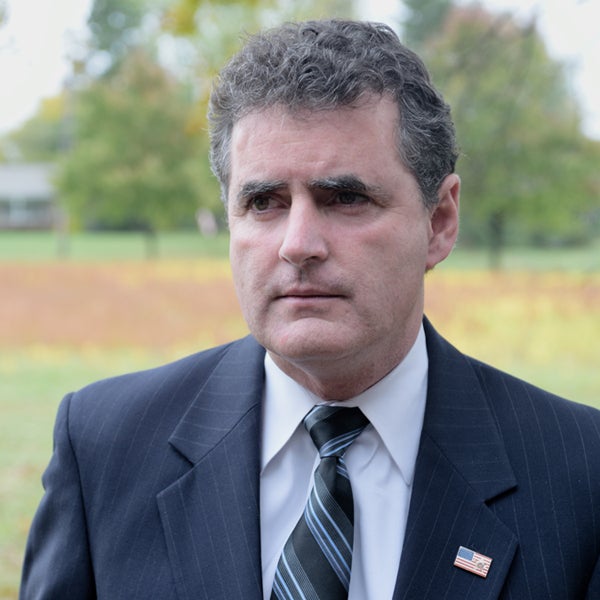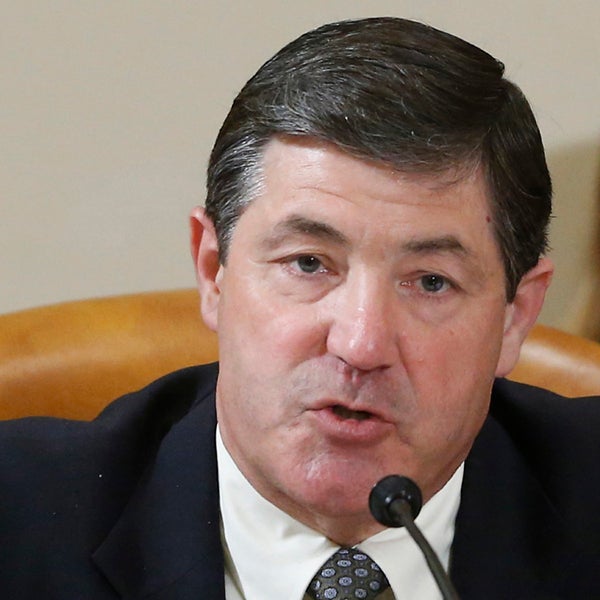Whatever happened to push to ‘repeal and replace’ Obamacare?

(Emma Lee/WHYY)
The campaign to “repeal and replace” the Affordable Care Act helped Republicans capture control of the U.S. House in 2010 and keep that majority in 2012. House leaders carried through on their promise to try to repeal the Affordable Care Act. The GOP cast more than 40 votes to scrap or defund all or part of the law, but Democrats are asking, “where’s the replacement?’
“We haven’t seen much replace,” says Rep. John Carney (D-Del.). Unlike many Democrats, he wants big changes to the health law.
“It’s not perfect and it affects different states differently,” Carney said. “It has a very different effect on a small state like Delaware that it does on a large state like New York and California. In fact, you could argue that it was more designed for a big state as a big state solution because there are more people, bigger pools and therefore more competition.”

But Democrats complain they don’t really have anyone to work with when it comes to improving, tweaking or massaging the health law because the GOP is solely focused on its repeal effort. Republican Party leaders have yet to bring an alternative bill to the floor and Congress is in recess until after next month’s election.
Rep. Mike Fitzpatrick of Bucks County, Pennsylvania is one of many Republicans frustrated with his party’s leaders about this.
“Well there are many alternative bills that have been introduced and I am surprised that we haven’t had more votes on those alternatives,” said Fitzpatrick. “We can vote on those alternatives even with the current Affordable Care Act in place.”
Political insiders say the reason GOP leaders aren’t bring a replacement bill to the floor is because the debate would reveal deep schisms within the party. Still, Fitzpatrick says the leadership owes it to voters.
“I am one who has said you know if there is going to be a repeal there has to be a replacement,” Fitzpatrick said. “We have to be clear as to what that replacement is.”
Fitzpatrick says he’s put his money where his mouth is.
“Not only should the caucus have a better alternative, I’ve introduced one with Joe Heck, Representative from Nevada, a Philadelphia-trained Physician,” Fitzpatrick said.

Fitzpatrick’s bill would preserve many consumer protections included in Obamacare such as those regarding pre-existing conditions. But the majority of House Republicans have signed onto a more conservative alternative, The American Health Care Reform Act. It allows people to purchase health insurance across state lines while also changing medical malpractice laws. It also allows individuals to deduct health costs more easily.
Retiring Rep. Jim Gerlach (R-Chester County) supports that bill. But he says party leaders need to decide whether Republicans should offer a single replacement bill, or whether they vote on piecemeal components of a replacement plan.
“So at the start of next session the leadership and the rank and file members are going to have to decide are they going to do it like they plan to do immigration reform, which is one bill at a time sequentially, or one major bill,” Gerlach said.

The House has voted to repeal a medical device tax, to deny taxpayer funding for abortions and also to delay the insurance mandate for individuals. That Obamacare showdown led to the government shutdown. Gerlach says those efforts show his party is serious about replacing the bill, even if they haven’t cast formal votes on a full replacement.
“Last session we voted on a number of replacement items,” said Gerlach. “It wasn’t one comprehensive bill.”
Republicans say Senate inaction also takes pressure off their party to act alone in the House. Rep. Pat Meehan (R-Delaware County) says if the GOP wins control of the Senate it will bring more unity to Capitol Hill, especially when it comes to differences on healthcare.
“They remain unresolved because you have a Senate right now that refuses to take action on anything that comes out of here and unless and until things change with this election cycle we will have a new opportunity to look at all of these issues,” Meehan said. “I don’t think you are going to see it resolved in this particular Congress.”

These calculations may explain why you may not hear “repeal and replace” as much on the campaign trail during this election cycle. And the longer the Affordable Care Act is in effect, providing coverage to millions who previously had no insurance, the tougher it gets to repeal.
WHYY is your source for fact-based, in-depth journalism and information. As a nonprofit organization, we rely on financial support from readers like you. Please give today.




